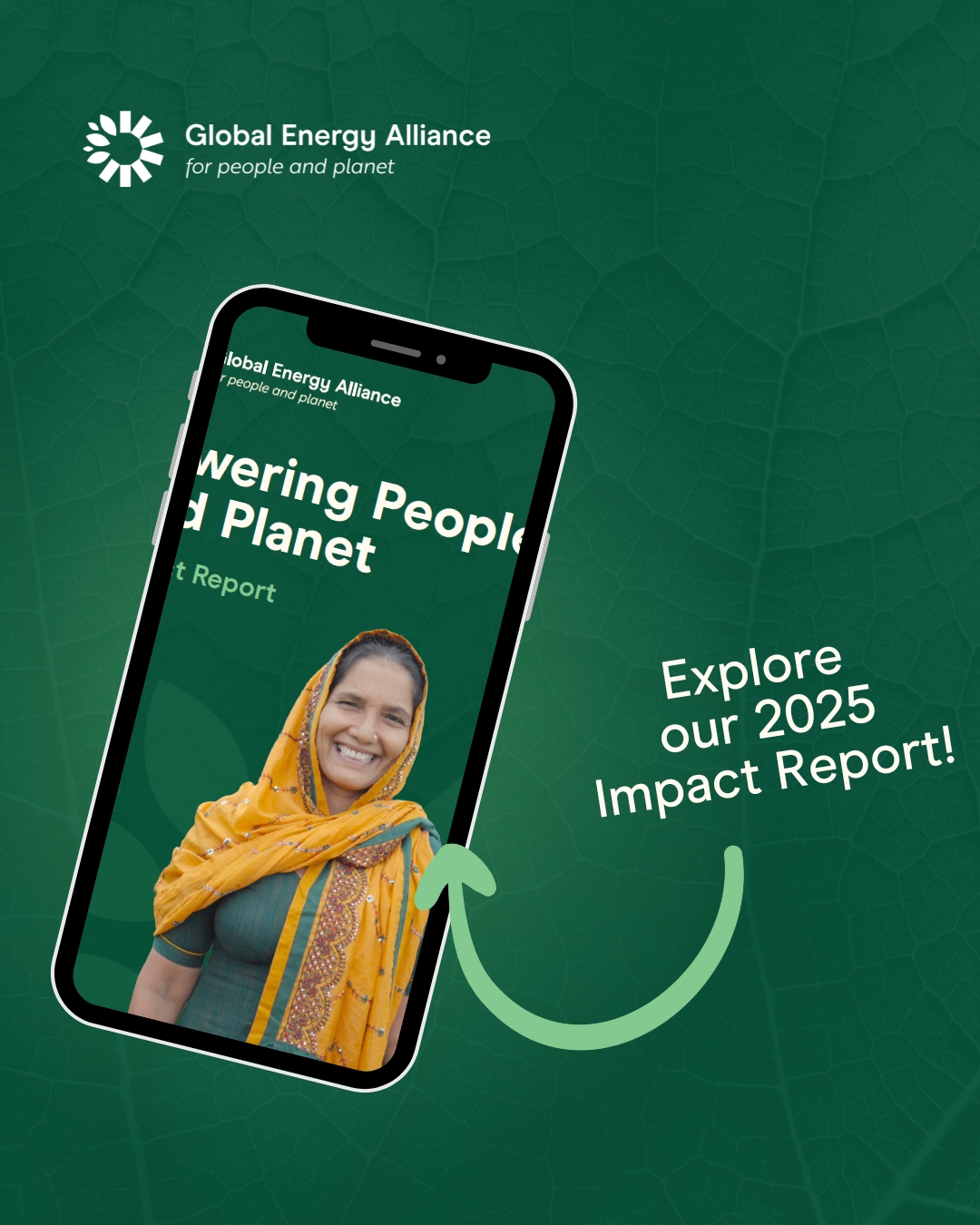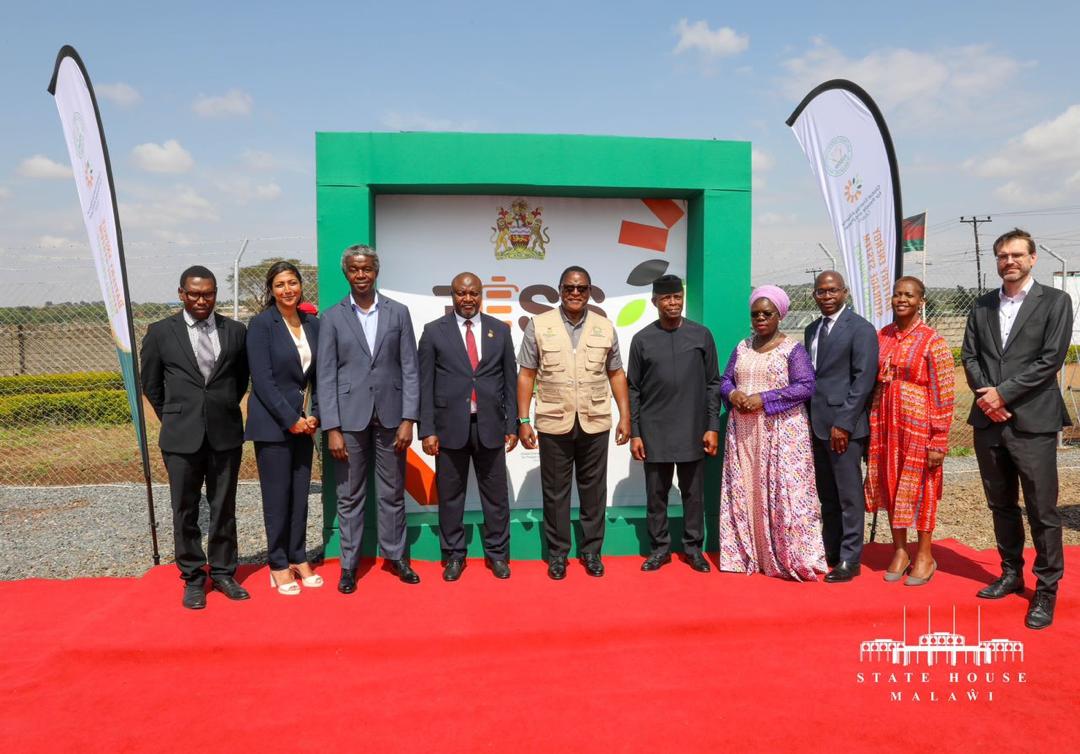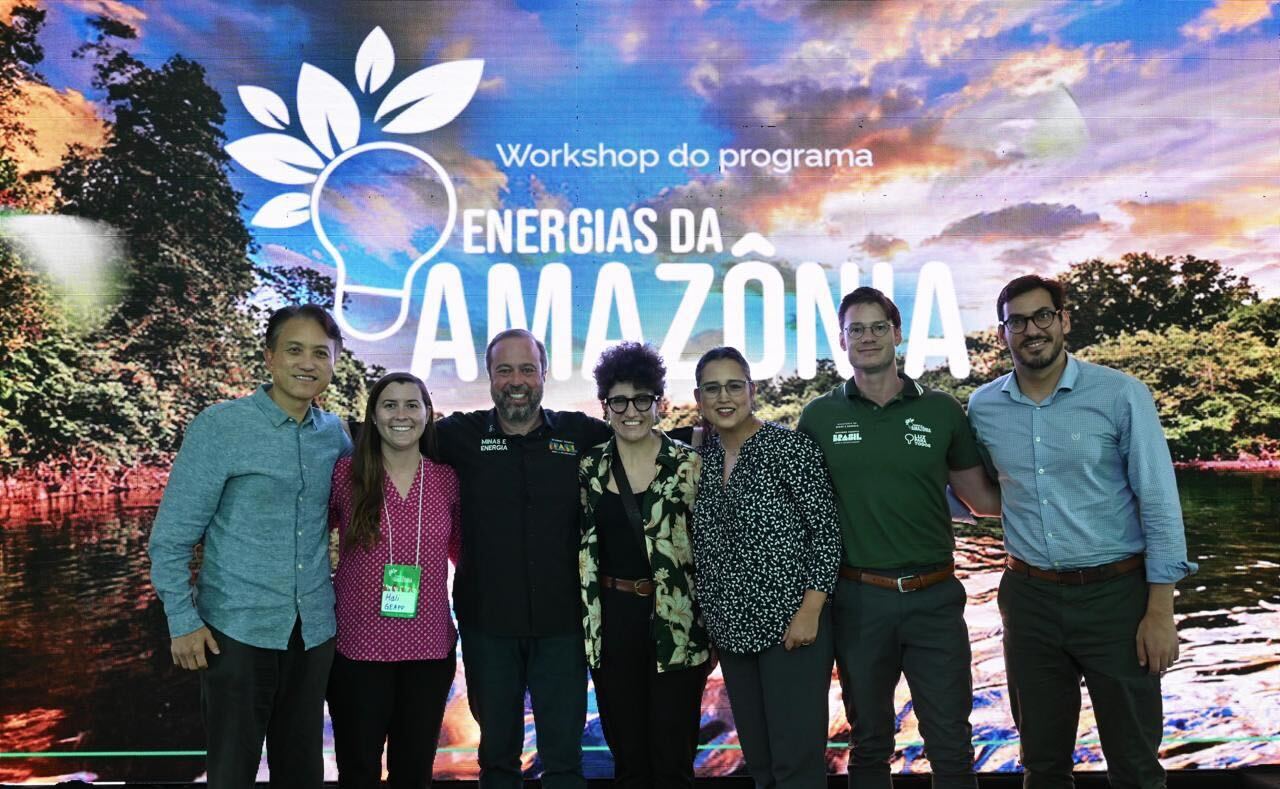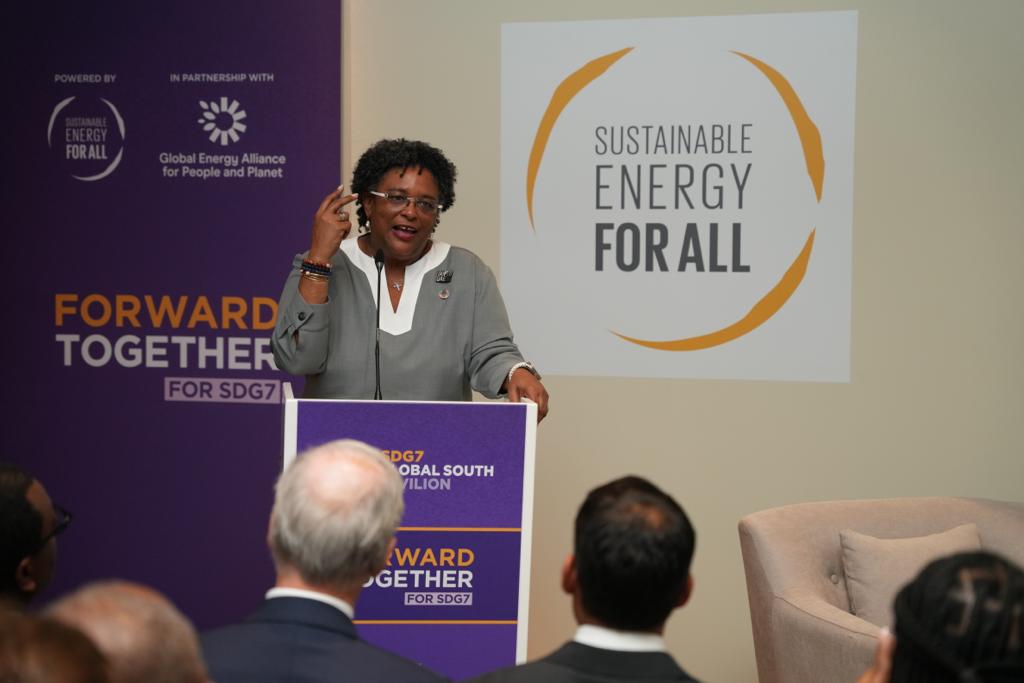
GEAPP’s Response to Malawi’s Post Cyclone Freddy Appeal: The Role of Reliable Distributed Energy Access in an Emergency
Hundreds of thousands of people have been displaced in Malawi following the devastation caused by Tropical Cyclone Freddy, which raged through its neighbouring nations Mozambique and Madagascar, before reaching the southern African nation on 13th March 2023. Severe weather conditions such as flash flooding and mudslides unfortunately claimed over 900 lives, and destroyed many homes and properties.
Malawi has in recent years continued to bear the brunt of the most adverse climate change related disasters. Following Cyclone Freddy, the President of the Republic of Malawi President Dr. Lazarus Chakwera appealed to the international community for humanitarian support, including outreach to organisations who work in close partnership with the government.
The Global Energy Alliance for People and Planet (GEAPP) – forged to organise and accelerate scalable, clean energy solutions in low and middle income countries – was quick to respond, seeking to understand not only how a lack of energy access would impact recovery efforts, but also the many people now living in evacuation camps.
Energy access isn’t often the first issue to which thought is given following catastrophic weather events such as Cyclone Freddy. Yet, a lack of energy can impact the safety and security of communities in the midst of a disaster and during recovery, where access to light, cooking [and medical] facilities, and charging outlets are crucial. As our warming world faces more severe weather, GEAPP is working to speed inclusive, economically-viable, energy transitions that boost the resilience of local communities, protecting people and preserving the planet.
Coordinating with Malawi’s Department of Disaster Management Affairs (DoDMA), GEAPP was swift to respond to the government’s request for assistance. GEAPP worked closely with the Zomba District Council to provide 104 solar lighting systems to evacuation camps located in Malosa, Likangala, and Chisi Island. On receiving these units, which can also be used to charge mobile phones, the Director of Administration for Zomba District Council, Redgson Mkolombwe, said: “GEAPP’s donation was very unique as no one had donated lighting systems, yet it was certainly one of the needs for the designated evacuation camps.”
The emergency support is in addition to GEAPP’s long-term commitment to Malawi. The ‘Scaling Renewables in Malawi to Underpin Development’ energy program was officially launched in October 2022 following a wide stakeholder validation of the program that took place in March 2022. The program outlines support to the Government’s efforts to increase electricity access from 18% to 100%, and improve energy security and reliability by 2030. GEAPP’s proposed support will help to improve access to electricity throughout the country via grid-strengthening initiatives, as well as maintain green energies with the installation of grid-integrated battery energy storage systems (BESS), solar powered agriculture, and capacity and power sector planning to enhance sector bankability.
Malawi is not the only country facing unreliable energy access. Puerto Rico is another nation that is vulnerable to hurricanes and flooding, with storms repeatedly devastating the island’s power grid. Together with the Fundación Comunitaria de Puerto Rico (FCPR) and RMI, GEAPP is supporting the Puerto Rico Community Energy Resilience Initiative (CERI), working with local partners and financial institutions to scale up assistance for, and financing of, back-up renewable energy systems for critical facilities such as pharmacies, community centres, gas stations and grocery stores.

Solar lighting systems donated

Evacuation camps served

Total worth of donations
Bringing reliable, livelihood-boosting energy to the nearly 3.6 billion people on earth who lack it, remains one of GEAPP’s ultimate goals. But in fostering an environment of collaboration built around long-term partnerships, GEAPP is committed to respond with speed and agility when emergencies occur.
As Malawi recovers from this dreadful chain of events, it is important not to lose sight of the bigger climate picture, which may have led to the cyclone’s severity in the first place. With fossil fuel transitions and grid-based / distributed renewables projects high on the agenda, GEAPP will continue to support enabling environments that promote entrepreneurship and unlock private capital for innovative (net-zero) projects. GEAPP aims to ensure future climate emergencies are met and mitigated, and potentially prevented too. It is a bold ambition, but one that drives the organisation today, tomorrow, and into the future.






